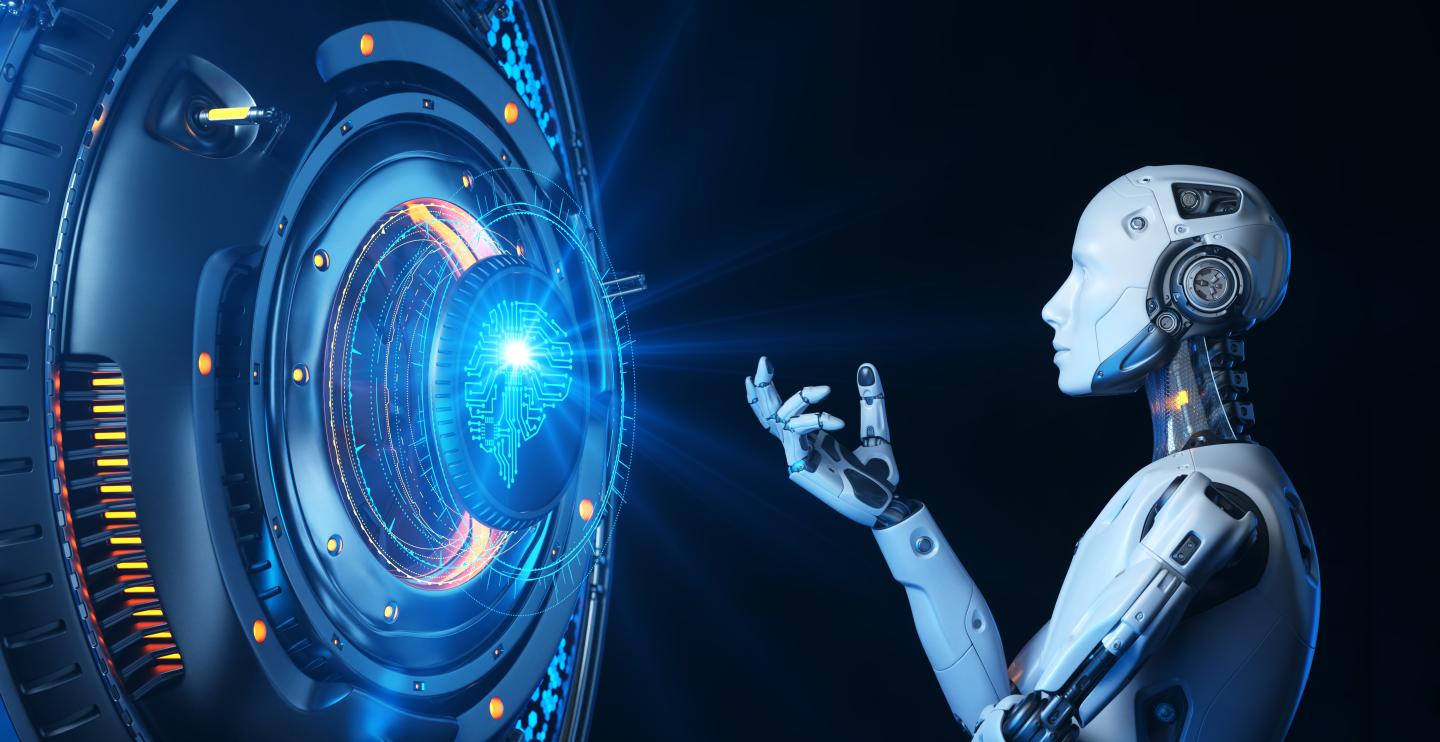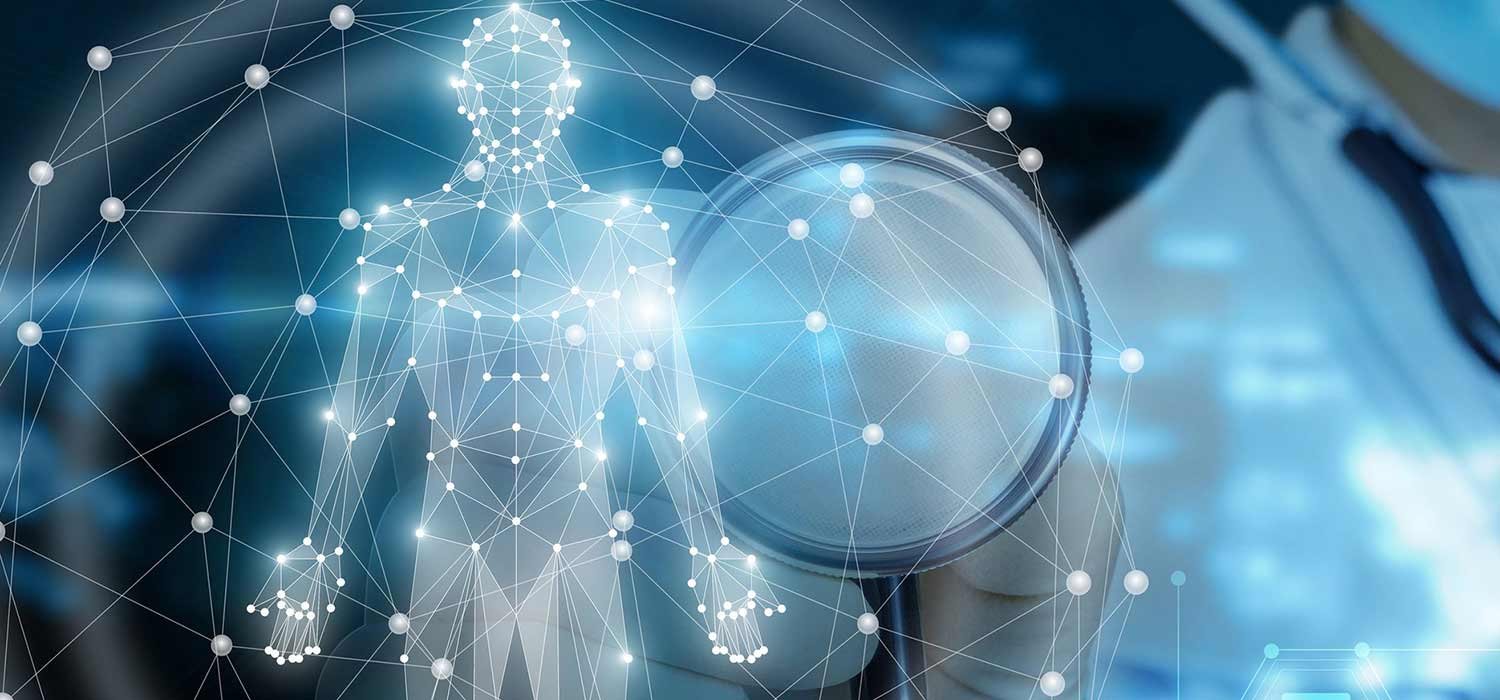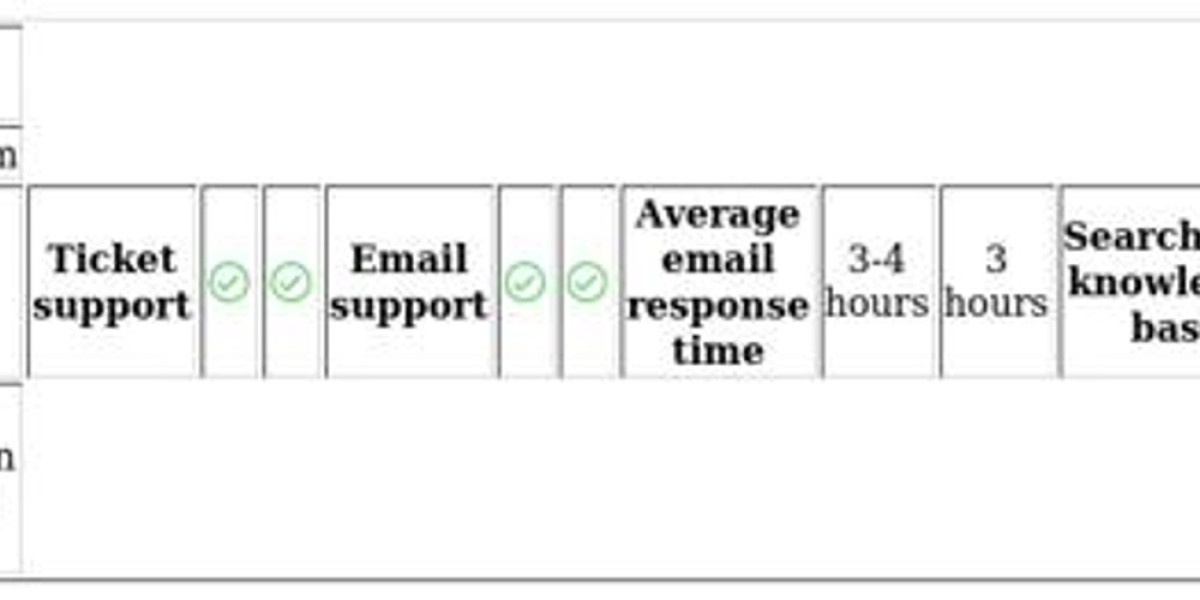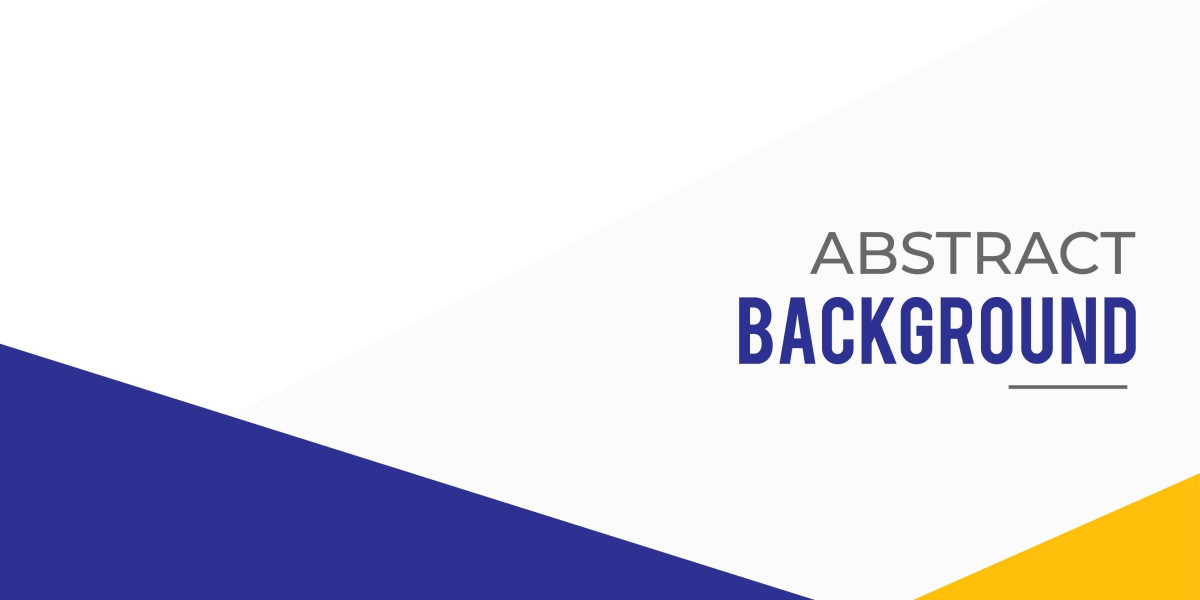Technology is changing our world at an impressive speed! Its sweeping modifications can be found everywhere and they can be referred to as both thrilling, and at the very same time terrifying. Although individuals in many parts of the world are still attempting to come to terms with earlier technological transformations in addition to their sweeping social and academic implications - which are still unfolding, they have been woken up to the reality of yet another digital transformation - the AI transformation.

Artificial Intelligence (AI) technology refers to the ability of a digital computer system or computer-controlled robotic to carry out jobs that would otherwise have been performed by human beings. AI systems are created to have the intellectual processes that define people, such as the capability to factor, find significance, generalize or gain from past experience. With AI innovation, vast amounts of details and text can be processed far beyond any human capacity. AI can likewise be utilized to produce a large variety of new content.

In the field of Education, AI innovation comes with the prospective to enable new types of mentor, discovering and instructional management. It can likewise boost discovering experiences and assistance teacher tasks. However, despite its favorable capacity, AI likewise postures considerable risks to students, the teaching community, education systems and society at big.
What are a few of these threats? AI can lower teaching and discovering processes to computations and automated jobs in ways that cheapen the function and influence of instructors and damage their relationships with students. It can narrow education to only that which AI can process, model and deliver. AI can also aggravate the worldwide scarcity of qualified teachers through disproportionate spending on innovation at the expense of financial investment in human capability development.
Using AI in education also creates some essential concerns about the capability of teachers to act actively and constructively in identifying how and when to make cautious usage of this innovation in an effort to direct their expert growth, find solutions to challenges they deal with and enhance their practice. Such basic concerns consist of:
· What will be the role of teachers if AI innovation end up being extensively executed in the field of education?
· What will evaluations look like?
· In a world where generative AI systems seem to be establishing brand-new abilities by the month, what skills, outlooks and thatswhathappened.wiki competencies should our education system cultivate?
· What modifications will be required in schools and beyond to assist students plan and direct their future in a world where human intelligence and device intelligence would seem to have ended up being ever more closely connected - one supporting the other and vice versa?
· What then would be the purpose or role of education in a world dominated by Expert system innovation where people will not always be the ones opening new frontiers of understanding and understanding?
All these and more are intimidating questions. They force us to seriously think about the issues that occur relating to the execution of AI technology in the field of education. We can no longer simply ask: 'How do we prepare for an AI world?' We must go deeper: 'What should a world with AI appear like?' 'What roles should this powerful innovation play?' 'On whose terms?' 'Who chooses?'

Teachers are the main users of AI in education, and they are anticipated to be the designers and facilitators of trainees' knowing with AI, the guardians of safe and ethical practice throughout AI-rich academic environments, and to function as good example for long-lasting discovering AI. To presume these obligations, teachers require to be supported to develop their abilities to leverage the potential benefits of AI while alleviating its risks in education settings and larger society.
AI tools ought to never be designed to replace the legitimate accountability of teachers in education. Teachers need to remain liable for pedagogical decisions in the use of AI in teaching and in facilitating its usages by students. For teachers to be liable at the practical level, a pre-condition is that policymakers, instructor education institutions and schools presume obligation for preparing and supporting teachers in the proper use of AI. When presenting AI in education, legal protections must likewise be developed to secure teachers' rights, and long-term financial commitments require to be made to make sure inclusive access by teachers to technological environments and fundamental AI tools as crucial resources for adapting to the AI age.
A human-centered approach to AI in education is critical - a technique that promotes key ethical and

practical concepts to assist regulate and guide practices of all stakeholders throughout the entire life cycle of AI systems. Education, offered its function to secure as well as assist in development and learning, has a special commitment to be fully knowledgeable about and responsive to the threats of AI - both the known risks and those only simply emerging. But too typically the risks are neglected. Using AI in education for that reason requires cautious consideration, including an assessment of the evolving functions teachers need to play and the competencies required of instructors to make ethical and reliable use of Expert system (AI) Technology.
While AI uses opportunities to support teachers in both mentor as well as in the management of finding out processes, addsub.wiki significant interactions between instructors and students and human flourishing need to remain at the center of the educational experience. Teachers need to not and can not be changed by technology - it is important to safeguard instructors' rights and make sure adequate working conditions for them in the context of the growing usage of AI in the education system, in the office and in society at large.








